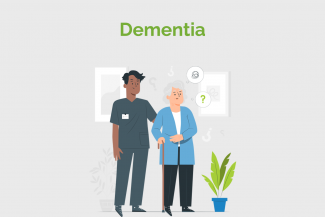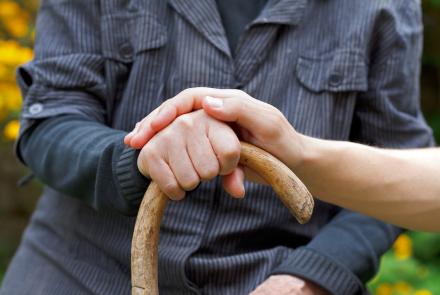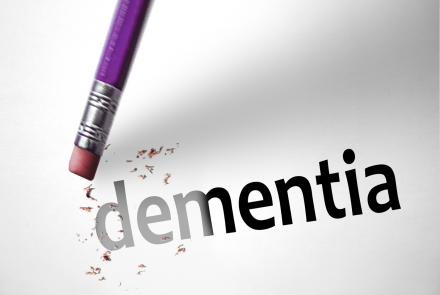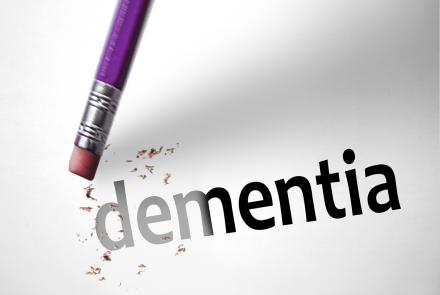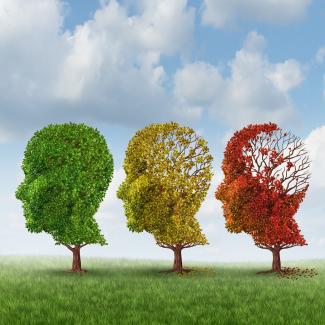
Different types of Dementia
• Alzheimer’s disease: This is the most common type of dementia and is marked by protein deposits in the brain and nerve cell damage.
• Vascular (or blood vessel) dementia: This is a type of dementia that is caused by disease or injury to blood vessels in the brain.
• Lewy body dementia (DLB): This is a dementia that has the primary symptoms of visual hallucinations.
• Frontotemporal dementia (FTD): This is a dementia that is characterised by drastic personality changes and language difficulties.
• Mixed dementia: This is a condition where more than one type of dementia occurs simultaneously, usually vascular dementia and Alzheimer’s disease or Lewy Body dementia.
Complications of Dementia
Dementia brings attendant risks, such as:
• Aggressive behaviour towards others
• Falls, injury and accidents
• Bedsores
• Urinary tract infections
• Pneumonia
• Myocardial infarction
• Thromboembolism
• Seizures

